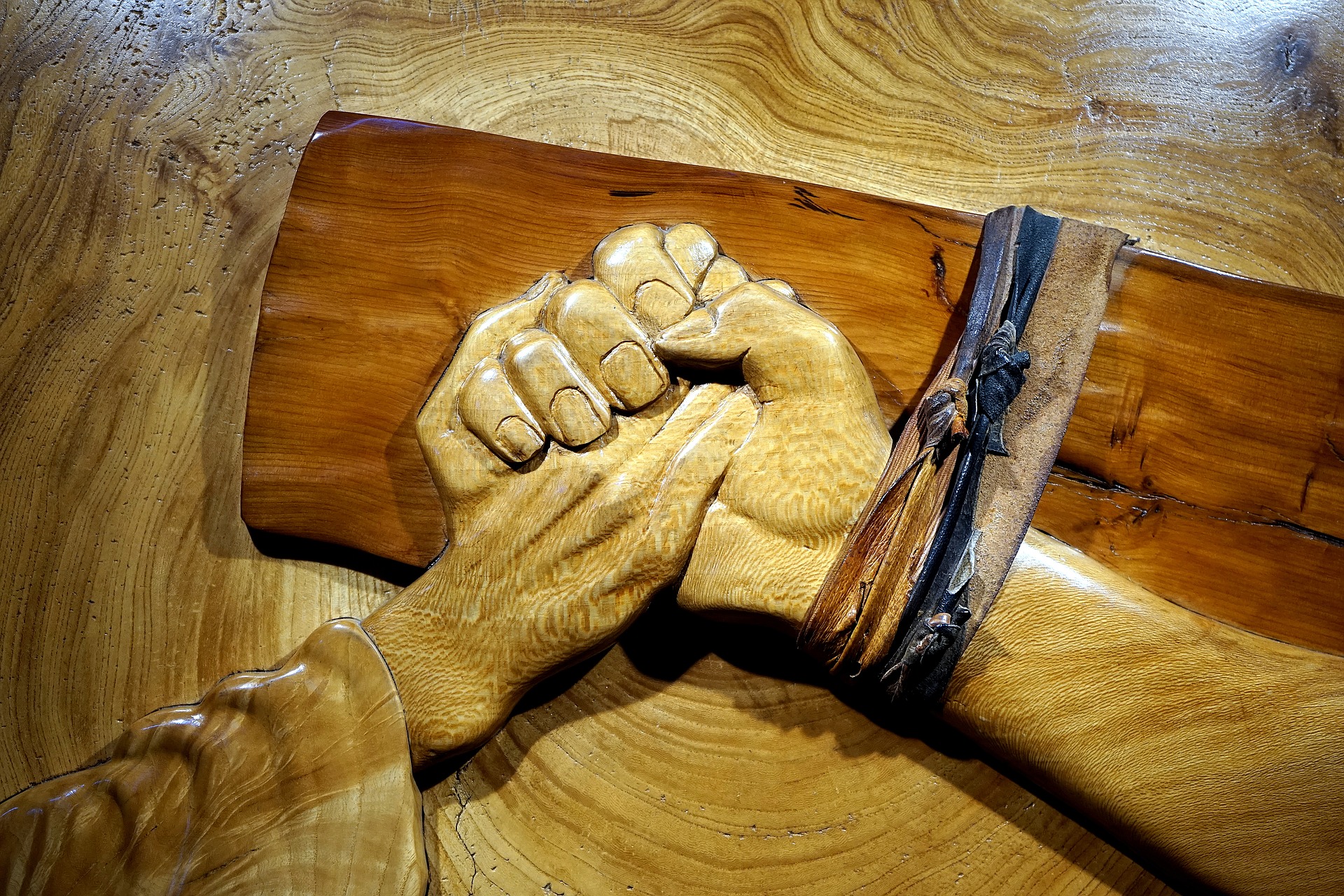I had this routine when I was a kid. I’d come home from school, pull a sleeve of saltines from the box and lay a dozen crackers out on the counter. I’d take three of those processed cheese squares and quarter them, put a piece of cheese on each cracker and stack them up. Then I’d pour a tall glass of sweet tea, carry it all into the living room, eat cheese crackers and watch Gilligan’s Island. Every day.
Other than the fact that I was in love with Mary Ann, I can’t tell you why I was such a devoted Gilligan’s Island fan. It’s not like there were ever going to be any plot surprises. I didn’t tune in every day thinking, “Maybe they’ll get off the island today.” The only surprises were the guests who sometimes showed up. Head-hunting natives. Crooks hiding their money. Russian spies. Now that I think about it, seems like a lot of people knew exactly where that uncharted island was.
The reason I remembered this part of my childhood, I think, is because the Tom Hanks’ movie, Castaway, was on TV the other night. Something occurred to me while I was watching him slowly lose his mind on his island. He almost never laughed. Once, maybe, when he learned how to make fire. But other than that, his existence on his island was pretty bleak. And you know why. He was alone.
On Gilligan’s Island, everyone always had six other people to talk to. That’s why you were sure to get a smile. Without doubt it was a strange mix of people. A couple of millionaires, an academic, a movie star, a clown and a surly sea captain. And, of course, Mary Ann – who was normal and sweet and probably a member of the Church of Christ. But as different as they were, they had each other.
On Hank’s island, all he had was a volleyball named Wilson. To me, the saddest part of that movie is not when he comes home to discover that his former fiance is married with kids. It’s when he looks at the volleyball and says, “I know you. I know you.” We all, every one of us, need someone.
The need for companionship is more than just an antidote to loneliness. Loving others is how we connect with God. Here’s how the apostle John put it: Dear friends, let us love one another, for love comes from God. Everyone who loves has been born of God and knows God. Whoever does not love does not know God, because God is love, (1 John 4:7 – 8).
If you want to know God, love people. How does that work?
God can sometimes seem almost like a concept. Esoteric. Mysterious. Unfathomable. How in the world do I connect with something I cannot even begin to explain? But I get loving people. I’m not always very good at it, but I get it. When John links loving people with knowing God he gives me a handle I can grasp. If knowing God is only about morality or piety or theology, it can feel sterile, cold and academic. But if it includes things like friendship, community and family, it feels warm and authentic and practical.
So how did John know to connect knowing God with loving people? Did he just make that up? Not at all. He learned it from Jesus. Somebody once asked Jesus, “What’s the greatest command?” Here’s his reply:
“‘Love the Lord your God with all your heart and with all your soul and with all your mind.’ This is the first and greatest commandment. And the second is like it: ‘Love your neighbor as yourself.’ All the Law and the Prophets hang on these two commandments.” (Matthew 22:37-40).
Loving God and loving people. Jesus said they go together. Why are those two things connected?
Because when we truly love another person we emulate Jesus and embody the story of grace anew.
Love requires that we sacrificially put someone else’s interests above our own. It means we are willing to take a loss so that they can realize a gain. Love bids us to exercise deference instead of power, patience instead of pushiness, and sacrifice instead of self-protection. It invites us to put humility over pride, to opt for generosity instead of indulgence and to approach others with an open hand rather than a closed fist. Love prompts us to return respect for insult, blessing for curse and forgiveness for transgression.
People are often inconvenient and messy much of the time. Love gives us the courage to become entangled in another’s brokenness and the compassion to sit with them in the mess they have made. Even if we have to experience their pain. Even if we have to share their shame.
And that’s exactly what Jesus did.
Which is why we feel closer to God when we do for others what he did for us.
We feel closer because we are closer.

One of your best!! Thanks for sharing your talent with words to bring us closer to our Lord!
Matthew 22:37-40: Jesus said it says it all.
Yes sir. Nicely done.
Jody,
Just what I needed, when I needed it! Keep using your God given talent. Time to write a book!!
Patricia
Yep, gotta laugh through life… It concerns me however that you weren’t more of a Ginger fan.. LOL Blessings bro.
Sometimes we just have to laugh. Life is too serious not to laugh! Thanks for the memories.